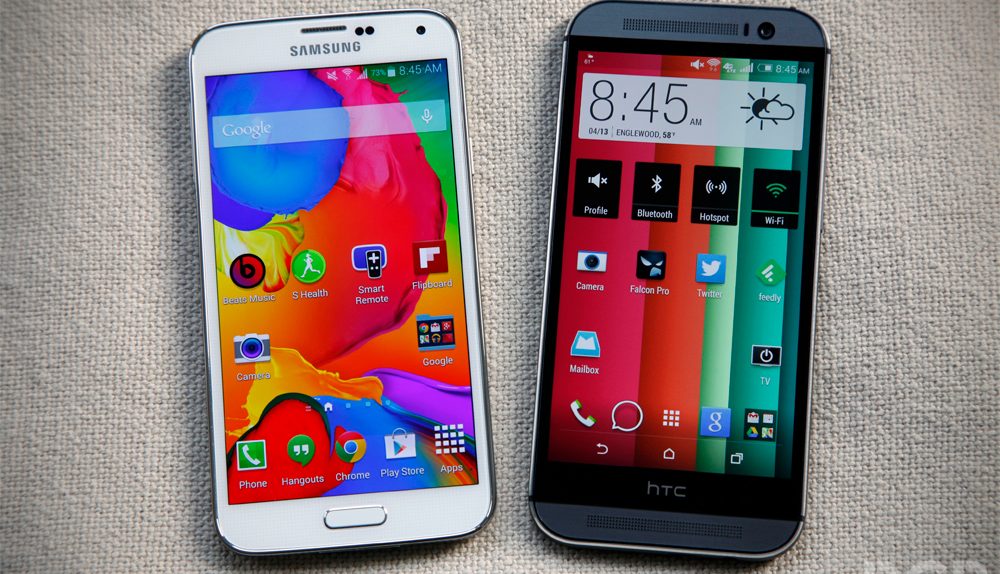For Apple loyalists, the mere thought of dumping the iPhone and switching to Android is enough to send shivers down your spine. For Android fans, the idea of using an iPhone in the first place is an awful one. Enthusiasts on either side of the fence seem incapable of imagining life in the other group’s shoes, and online battles between Apple users and Android users erupt constantly. But do things really have to be this intense?
We have covered accounts in the past from people who have made the switch from one mobile platform to the other, and experiences have varied tremendously.
One story we wrote about came from an Apple fanboy who couldn’t stand using the Nexus 5 even for one day. Even the more level-headed anecdotes we have found, like this one from someone who switched from the iPhone 5 to the Galaxy S4 for six months or this one from a from a Silicon Valley investor who made the switch, seem to have one thing in common: Moving from one smartphone platform to another is quite jarring for many users.
But does it have to be?
Writing at CNET, longtime iPhone user Luke Westaway on Wednesday shared his tale of making the leap to Android. The writer explained that the iPhone has been his primary handset since the iPhone 3GS first debuted, but he decided to move over to Android when his most recent iPhone was stolen recently.
Westaway was nervous about making the jump from the iPhone to Android, especially considering how dramatic the switch is for many people.
“I thought I might despise Android,” he wrote. “An admittedly smaller part of me wondered if I’d actually love it. What I wasn’t prepared for was what actually happened.”
So, what actually happened when Westaway took the leap?
“Not much at all.”
The writer noted that there were some initial issues making the adjustment, and the first handset he tried — the Galaxy Note 3 — was far too big to be used comfortably. “But beyond the first 48 hours or so, any sense of strong emotion towards Android, either positive or negative, was notably absent,” he explained.
Westaway wrote that the main reason the switch was so surprisingly simple was that just about all of the apps and services he used on his iPhone were readily available on Android as well.
“The services I used the most were right there at my fingertips, in less than half an hour,” he wrote. “It’s true that there’s a difference in the apps available for iOS and Android, and that iOS still tends to get new apps first, but for me at least, there was nothing missing. I realised the apps I used the most were multi-platform, third-party and free to download.”
There are clear differences between the iOS-powered iPhone and Android devices, and Westaway noted a few of them in his piece. In the end, however, both platforms are comparable and more than capable of getting the job done, and one is not inherently better than the other.




